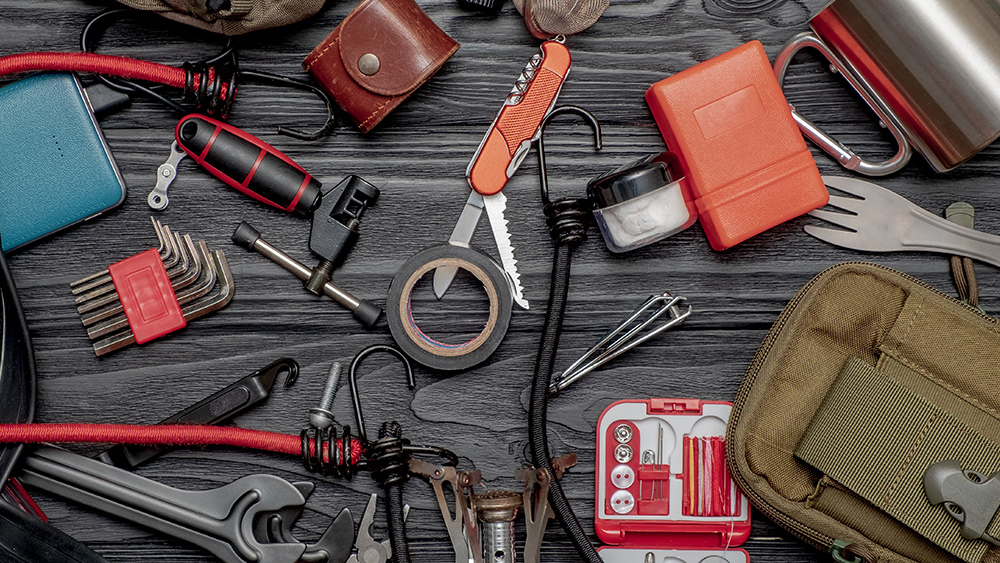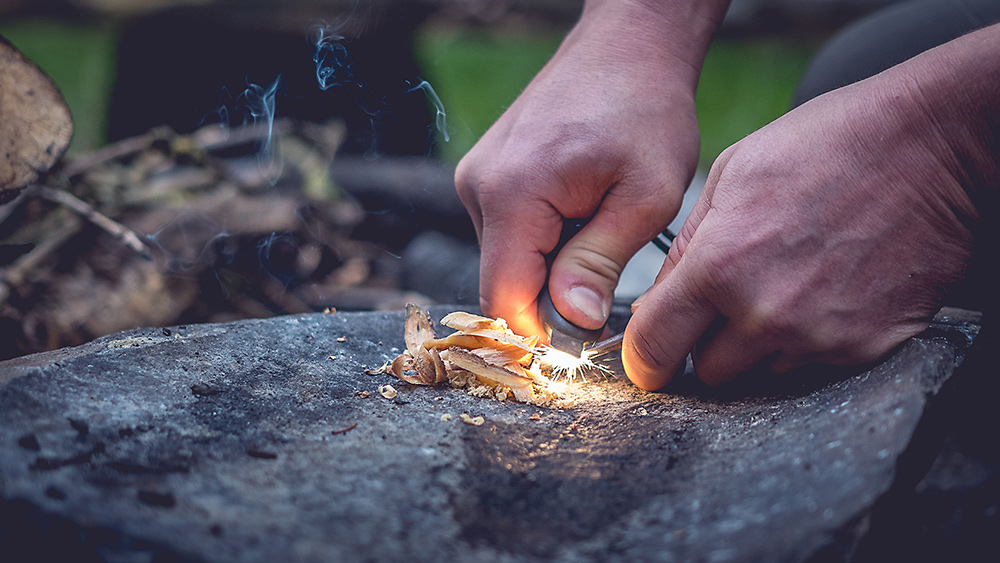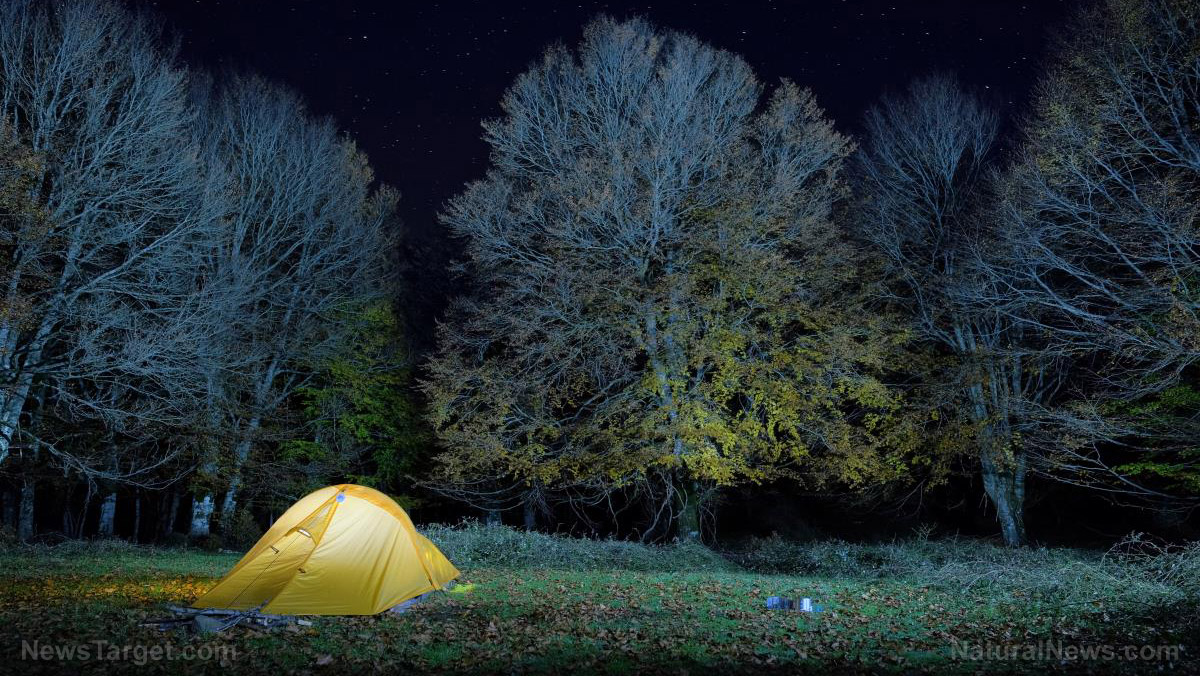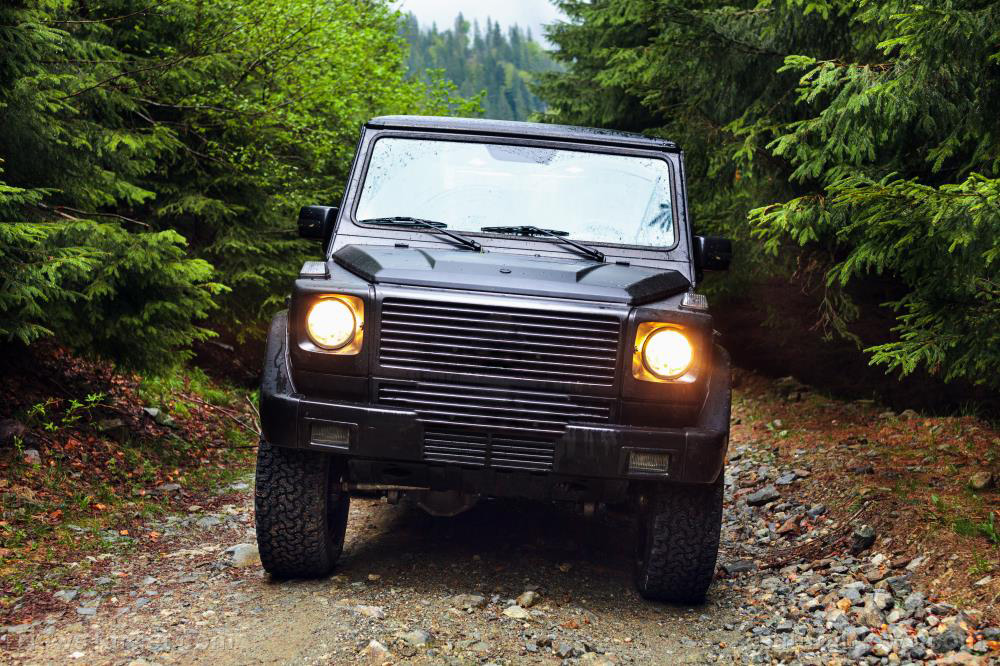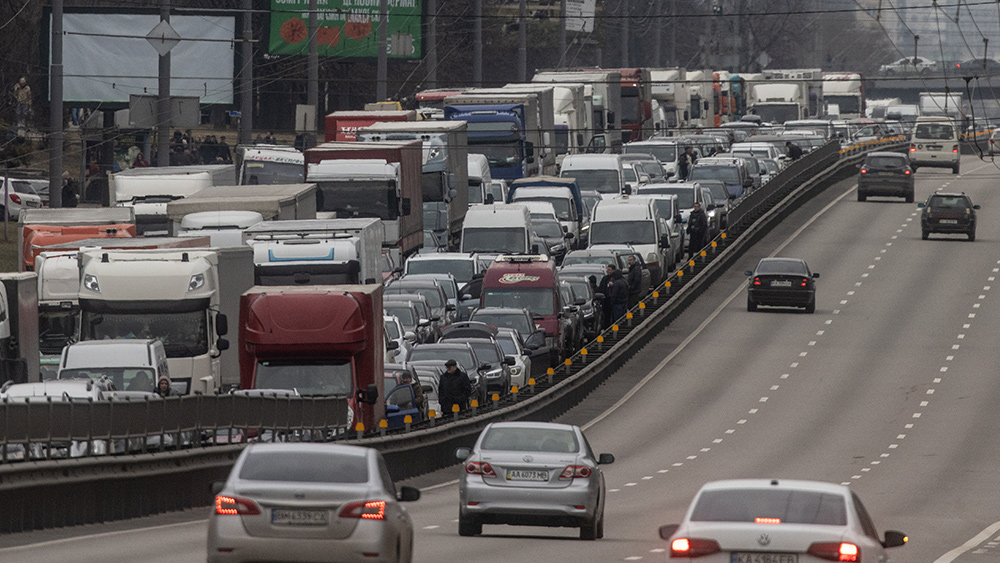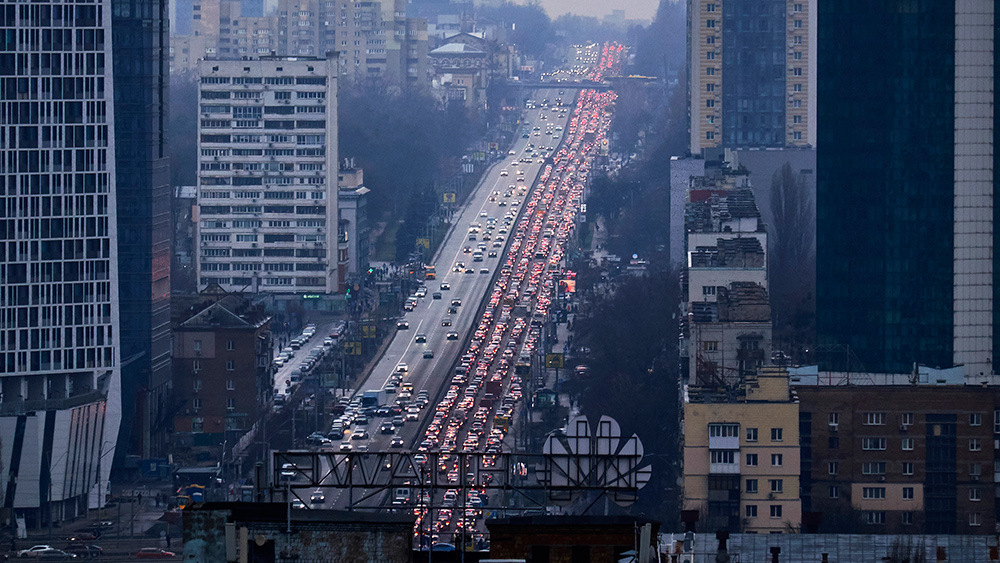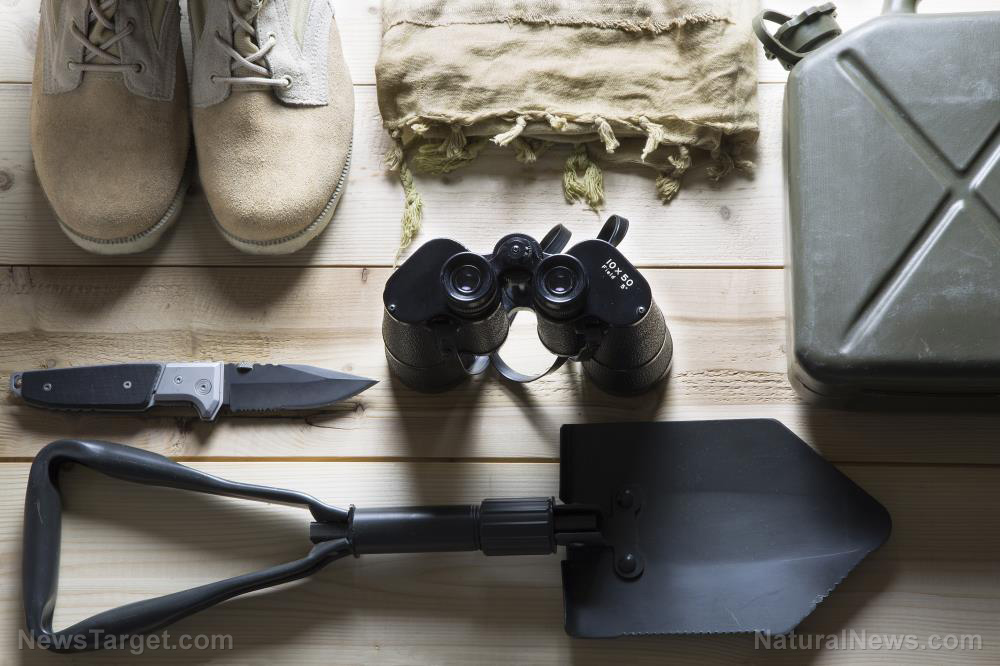
There is more to preparing a bugout bag (BOB) than pulling up an article on BOB essentials and following it to a tee. Granted, there are some essential items that every BOB should have. But you should also customize yours depending on where you live and what kinds of disasters are most likely to occur in your area.
Preppers sometimes forget about that point and end up with a BOB filled with supplies that won't always work for them. It's better to ditch those items and replace them with ones you'll actually get to use frequently.
On that note, here are five survival items to remove from your BOB: (h/t to SurvivalCache.com)
1. Water purification tablets
Water purification tablets kill microorganisms in the water to prevent diseases like cholera and typhoid, which are known to cause diarrhea and vomiting. These tablets eliminate the hassle of filtering and boiling water for drinking. You simply drop a tablet or two into dirty water and wait a few minutes before drinking it.
Water purification tablets are appealing because they are lightweight, compact and easy to use. But you still need to filter the water first for the tablets to be effective. The packaging could also become compromised, which could result in tablets being strewn everywhere in your BOB.
Plus, you'd need to replenish your stock periodically. In the event of a major disaster, there's no telling if you'll be able to find a store that carries these tablets.
Instead of water purification tablets, pack a high-quality water bottle with a built-in filter. It's pricier than other water bottles, but you'll be able to get unlimited uses out of it.
2. Handheld flashlights
Handheld flashlights are more powerful than other light sources like headlamps or lanterns. In a pinch, a handheld flashlight can also be used as a self-defense weapon by aiming it at the eyes of the attacker.
For these reasons, handheld flashlights are always included in BOBs. However, you may be able to get more use out of a headlamp. Headlamps don't have the same range as handheld flashlights, but that's why they generally last longer.
Headlamps also free up your hands so you can better navigate and protect yourself from possible dangers at night. A headlamp also makes it easier to do tasks with both hands in the dark.
3. Paper and kitchen matches
The ability to make a fire in any weather condition is essential for survival. You need fire to stay warm at night, boil water for drinking and washing and cook food. For these reasons, firestarters like matches are always part of any decent BOB. (Related: Survival essentials: 6 Things to include in a survival fire starter kit.)
But not all matches are made equal. You want to avoid flimsy matches that are easily extinguished by water and wind, such as paper and kitchen matches. Instead, pack waterproof and windproof matches. These last longer than your average matches and are resistant to the elements.
If waterproof matches are out of your budget, try packing a few BIC lighters. These lighters are cheap and lightweight. They are also more reliable than your average kitchen matches.
4. Dryer lint
Any decent firestarter kit should include tinder so you can easily get a fire going. Many preppers like to pack dryer lint in their kits because it's free and extremely easy to ignite.
However, the problem with dryer lint is that it's useless if it gets wet. It's better to invest in premade tinders, which ignite just as easily as dryer lint but also work while wet. They also burn for longer.
5. Improvised tourniquets
Many prepping articles would tell you to pack a first-aid kit for treating things like scrapes and small cuts. However, very few will tell you to pack an actual medical tourniquet because it serves only one purpose. Plus, tourniquets don't come cheap.
But it doesn't make any sense to pack a first-aid kit for treating minor issues that you'll definitely survive from but not a tourniquet, which is used to stop bleeding and prevent blood loss.
Take note that if the need for a tourniquet arises, a person may only have a few minutes to survive. It's better that you have the real deal in such situations. You wouldn't want to spend those precious minutes improvising a tourniquet out of a belt, bandana or cordage.
This article isn't to say that you shouldn't get the items listed above if you can't get the alternatives. If you have a tight budget, you likely have little room for expensive stainless steel water bottles or a real medical tourniquet. Remember: In a survival situation, the best gear is the gear that you have.
Go to Preparedness.news for more articles with tips on how to prepare a BOB for emergencies.
Sources include:
Please contact us for more information.















